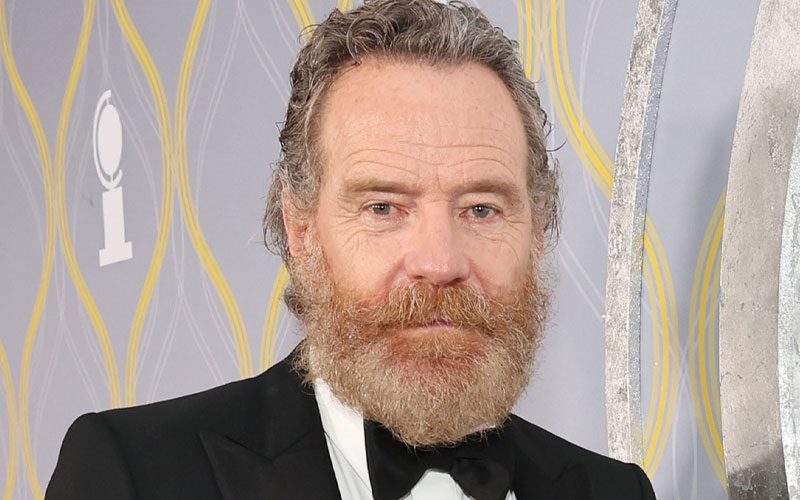
As the U.S. approaches another presidential election next year, the controversial MAGA (Make America Great Again) slogan coined by former President Donald Trump is expected to resurface, causing a stir among supporters and critics alike. While the phrase gained popularity among Trump’s supporters, it has been met with opposition and criticism from many who view it as racially charged or exclusionary to marginalized groups.
Actor Bryan Cranston, known for his role in Breaking Bad, has been vocal about his thoughts on politics and recently shared his perspective on the MAGA slogan during an interview with Chris Wallace on CNN’s Who’s Talking.
Cranston suggested that the slogan could be construed as racist, particularly when considering the experiences of African-Americans who have faced systemic oppression throughout U.S. history.
When I see ‘Make America Great Again,’ my comment is, ‘Do you accept that that could possibly be construed as a racist remark?’” said Cranston. “A lot of people go, ‘How could that be racist, to make America great again?’ I said, ‘So just ask yourself from an African-American experience: When was it ever great in America for the African-American? So if you’re making it great again, it’s not including them.’”
“It’s to teach us, in the ‘woke’ world, to open up and accept the possibilities that our privilege has created blind spots for us. Maybe I haven’t seen what’s really happening, in all my years.” The reactions to the actor’s comments have been pouring from one social media platform to the next. He has been vilified by avid Trump and MAGA supporters but praised by their opponents.
Cranston also touched on the concept of “woke” culture and the need to acknowledge the blind spots that privilege can create. While his comments have garnered both support and backlash on social media, they highlight the ongoing debate over the meaning and implications of the MAGA slogan in American society.
Bryan Cranston discussed the ongoing debate over the relevance and significance of critical race theory (CRT) and The 1619 Project in American education. While Maher is skeptical of The 1619 Project’s approach to examining the legacy of slavery in the U.S., Cranston emphasized the importance of understanding the systemic nature of racism in American society.
Cranston also expressed concern about efforts in some states, such as Florida, to do away with the teaching of CRT in schools. He argued that such efforts ignore the role of racism in shaping American history and institutions, from government to social activities. The conversation highlights the ongoing controversy and political division over the role of race and racism in American education and society.
What’s your take on this story? Sound off in the comments!
